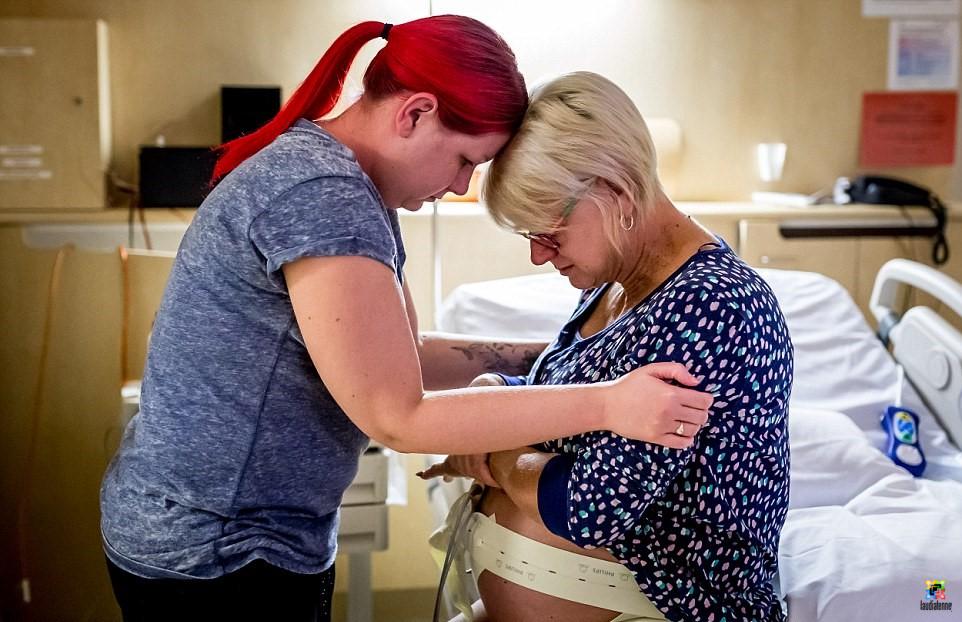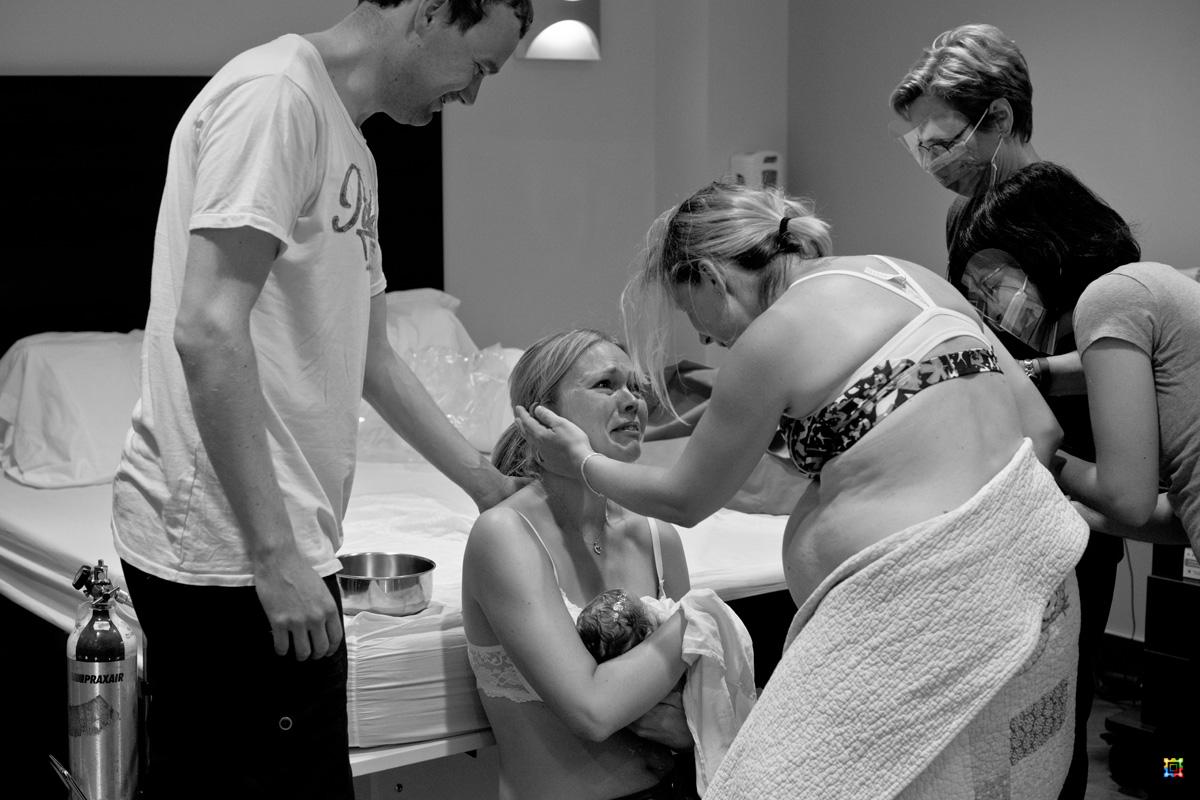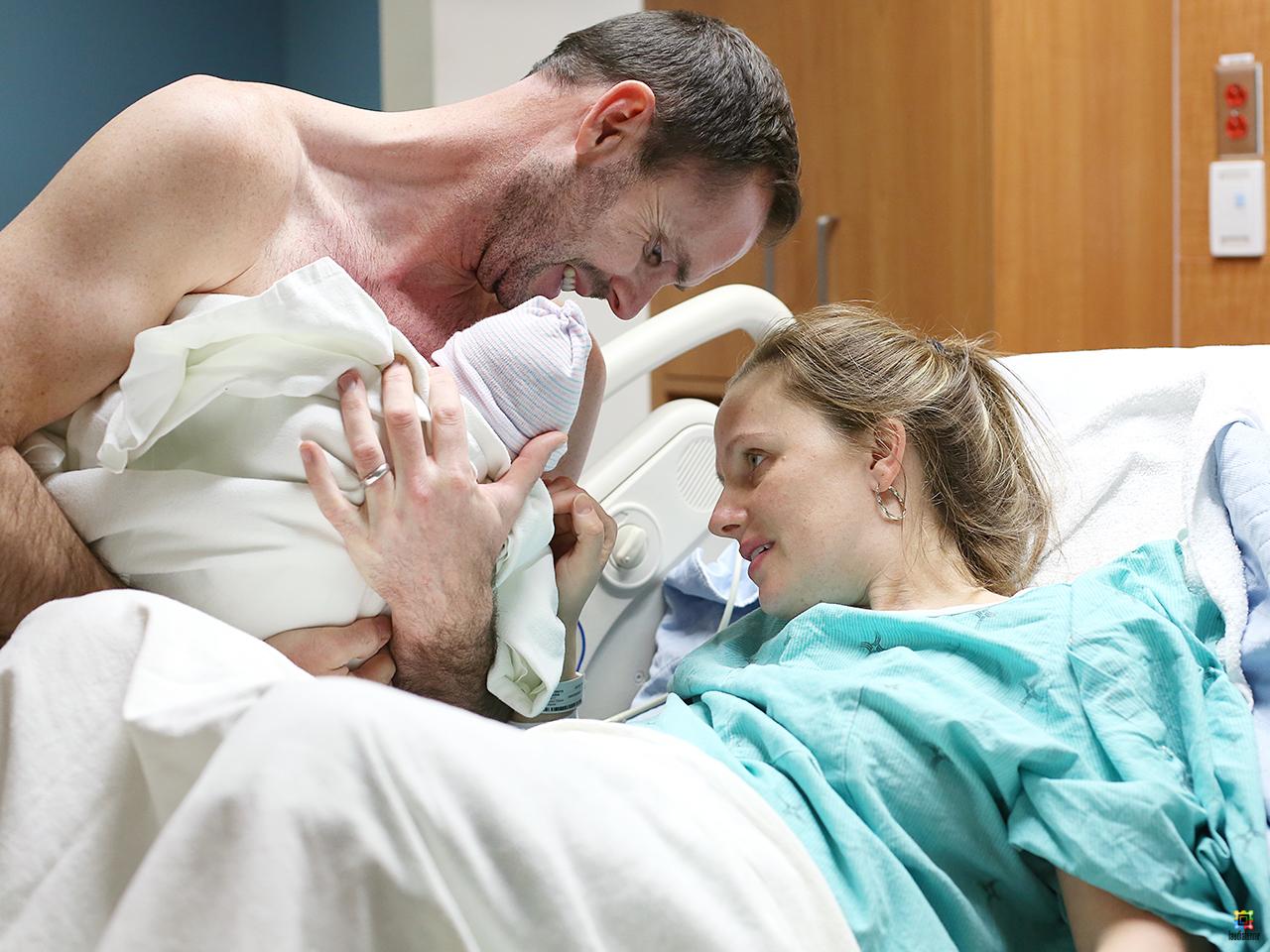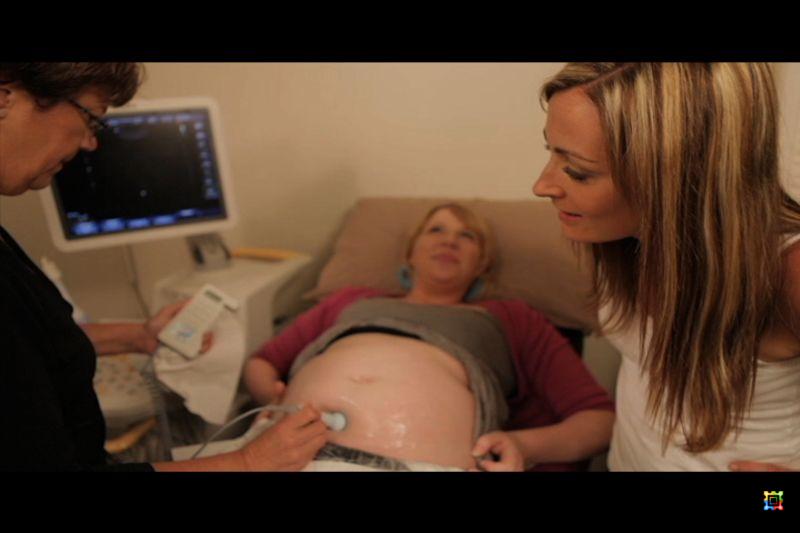There are some myths that surround the question does a surrogate mother share blood with the baby. In reality, the placenta will not allow blood or other cells from the mother or child to pass through. There is no link between the DNA of the two.
There is no actual DNA link
There is no actual DNA link between a surrogate and the baby she’ll bear spawn of her womb. A few ad hoc mutations are to be expected, but the aforementioned fetus does not count as a blood relative. However, there is no guarantee that the twosome will survive. Moreover, a surrogate will most certainly have a different set of DNA than the fetus, which could lead to an even more haphazard experience. The good news is that the majority of cases will result in a healthy, happy baby. The downsides include increased expenses, stress and the like, all of which are not inconsiderable given the state of affairs. To wit: a surrogate might be the next best thing to a biological mother, but with the cost of raising a child of your own skyrocketing, you’d be foolish to pass up the option.
A number of surrogates have been credited with the best baby names, and a small number of miscarriages have been recorded. For such a high-risk scenario, a seasoned professional who’s been there, done that should be able to provide an unwavering foundation of care. If the surrogate is not in a health stricken state of mind, the surrogate and the fetus may not be the best of friends.

Placenta doesn’t let blood or other cells from the mother or child pass through
The placenta is an organ that plays an important role in the development of a baby. Its job is to ensure that the baby receives all the necessary nutrients and oxygen during pregnancy. It is also responsible for regulating the baby’s immune system. Among other things, it controls the digestive tract and the lungs.
The placenta is made of fetal cells, and it grows in the wall of the uterus. It is connected to the baby through an umbilical cord.

The placenta is like a screen that prevents unwanted elements from entering the uterus. It is made of a complex network of blood vessels. It is designed to filter waste products out of the baby’s blood. During pregnancy, the placenta also regulates the growth of the fetus.
When the fetus grows, its cells need a large supply of blood from the mother. The placenta carries the blood from the mother to the fetus, and it is then transported to the infant’s body. In most women, the placenta is completely functional. However, it can be damaged. This can affect the fetus’ health, and it can also cause preterm labor and spontaneous abortions.

The placenta is the first organ to develop during pregnancy. It is a complex mesh of blood vessels that carries oxygen, nutrients and other substances from the fetus to the mother.
Genetics
A lot of people are not aware that surrogacy can have an impact on the genetics of a surrogate baby. If you’ve ever been pregnant, you’ve probably wondered how your child’s appearance will be. This question can be a confusing one, because not all babies look alike. Luckily, it’s not impossible for the genes to be transferred from one mother to another.

For a woman carrying a child through surrogacy, the answer is pretty simple. The DNA of the intended parents, and a few other sources, is already present at conception. This is a good thing, as it means the child will have the best possible genetic makeup.
In terms of the most efficient way to transfer your DNA to your baby, the placenta is the way to go. A placenta is a membrane that is tasked with nourishing a growing baby. It also serves as a filter, separating the baby’s DNA from the parent’s.
If you are thinking of using a surrogate, consider the benefits of the placenta. A healthy placenta can prevent your child from being exposed to harmful bacteria and viruses. It can also filter out waste from the blood.
A good placenta is also important because it provides oxygen and nutrients to the developing baby. It is a great way to ensure that the fetus will be healthy.



